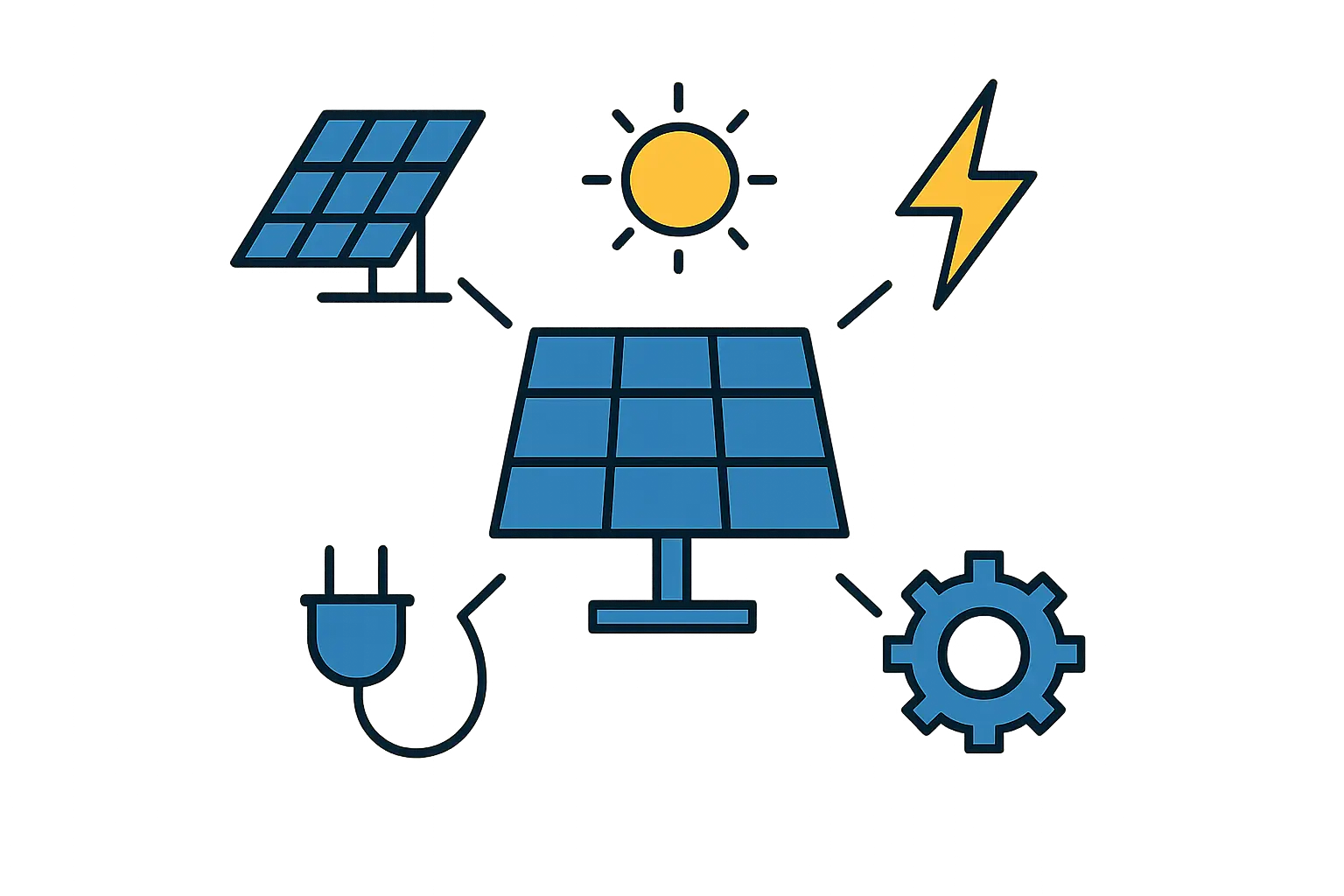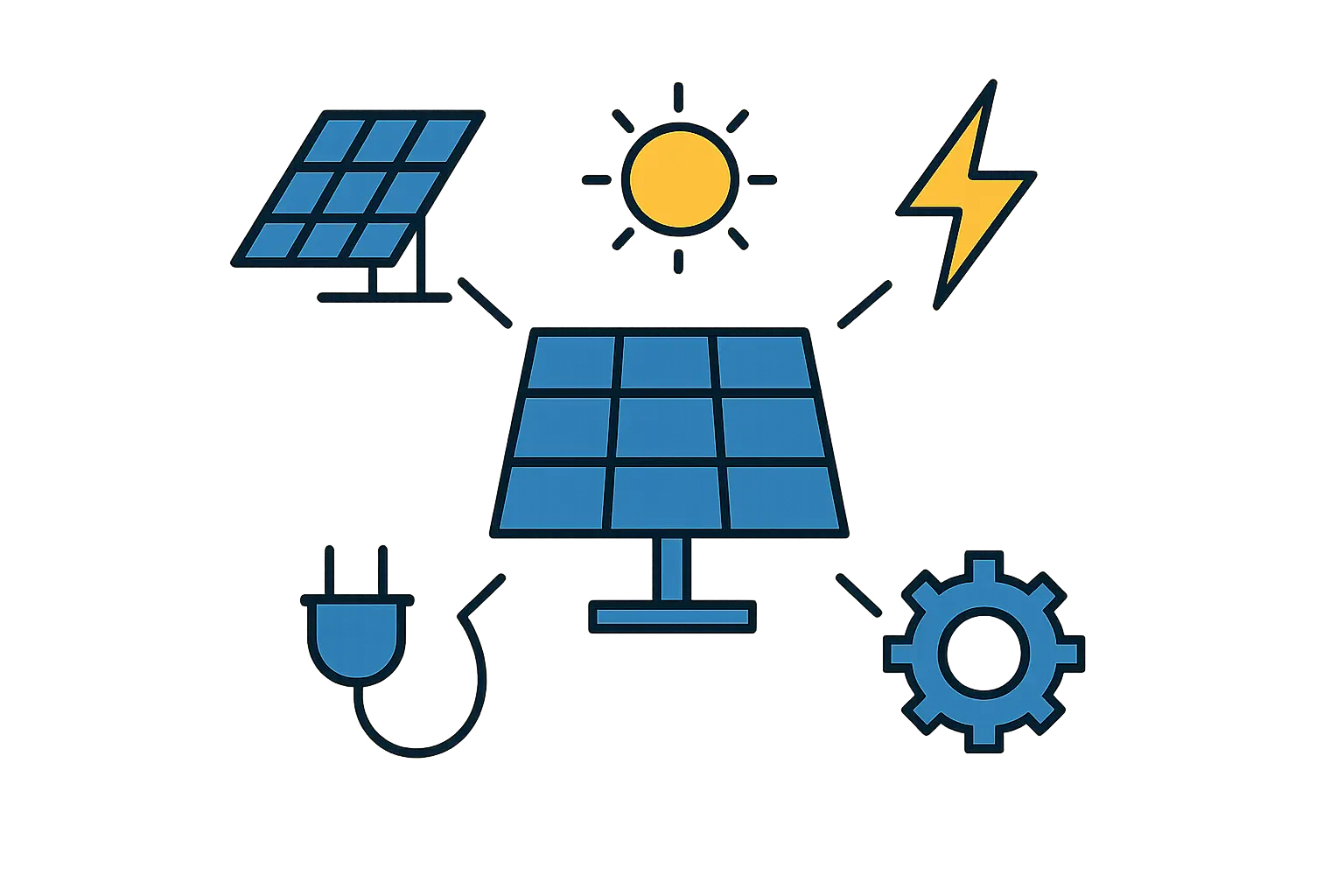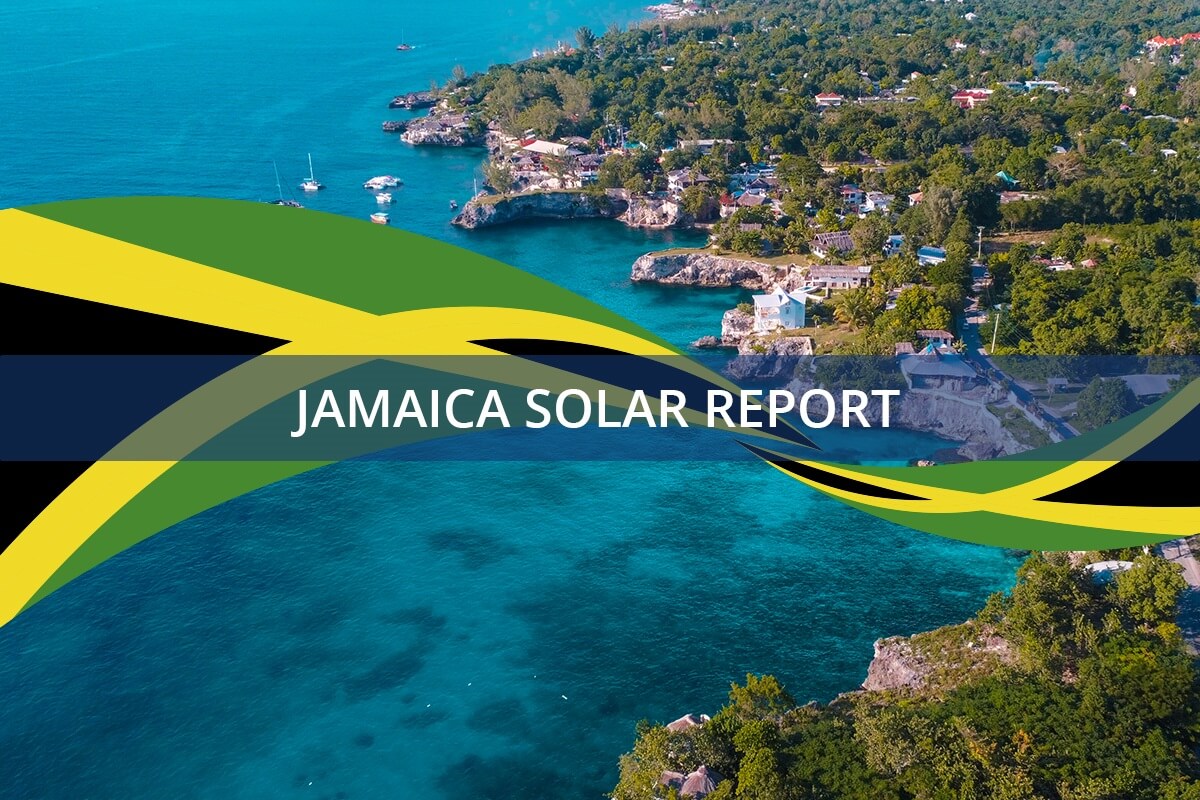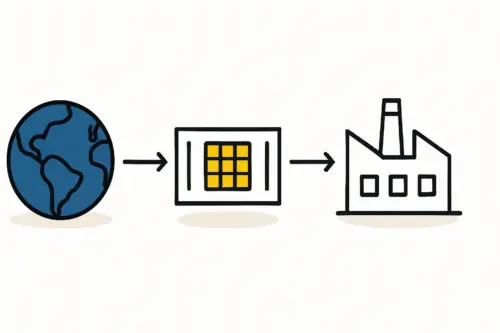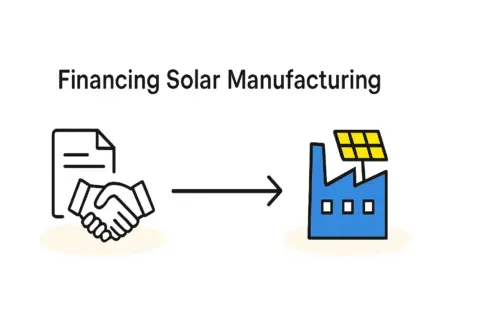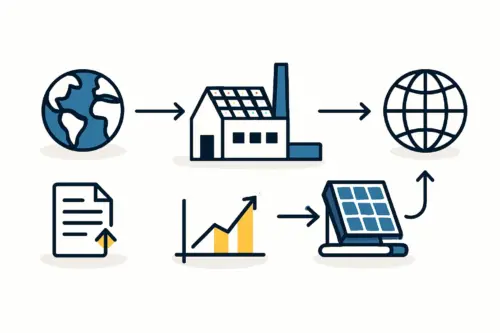An investor considering a solar module factory in Jamaica might first focus on machinery, financing, and location. Experience from projects in emerging markets, however, shows that the most critical asset—and potential bottleneck—is the workforce itself.
The success of a multi-million dollar investment often hinges on building a skilled, reliable, and well-trained local team. It’s not a secondary concern, but a foundational pillar of any sustainable manufacturing operation.
This article provides a framework for assessing the Jamaican labor market, outlines the essential training for solar module production, and explores strategic partnerships to ensure long-term success.
The Jamaican Labor Landscape: A Foundation for Growth
Jamaica’s ambition to generate 50% of its electricity from renewables by 2030 sets an ideal stage for local manufacturing. The country has a large, youthful, and English-speaking labor force, which is a significant advantage. However, investors must look beyond the general numbers to understand the specific skills available.
The existing workforce has foundational strengths in sectors like manufacturing, construction, and tourism. This background provides a general understanding of industrial processes, safety protocols, and teamwork. Additionally, institutions like the HEART/NSTA Trust offer a national system for vocational training, with certifications in technical fields that can serve as a starting point.
The primary challenge is the ‘last-mile’ skills gap. While general technical aptitude may exist, the specific, high-precision demands of solar module manufacturing are new to the market. Operating sophisticated equipment like stringers and laminators requires a level of process control and quality awareness that must be systematically developed. The key is not to find pre-existing solar experts, but to identify individuals with the right aptitude and provide them with world-class, structured training.
Core Competencies for a Solar Module Production Line
A typical semi-automated solar module factory with a capacity of 20-50 MW per year requires a team of approximately 25-30 people per shift. These roles fall into several distinct categories, each requiring a specific skillset.
Line Operators
These are the hands-on personnel responsible for the day-to-day manufacturing steps.
- Cell Stringing: Operating automated machines that solder solar cells into strings. This role demands keen attention to detail and the ability to monitor a sensitive automated process.
- Layup: Precisely assembling the module’s layers (glass, EVA, cell matrix, backsheet) before lamination.
- Lamination & Framing: Managing the lamination machine—the heart of the factory—and operating the framing station.
Technicians
These individuals have a deeper technical understanding and are responsible for maintenance, troubleshooting, and process optimization.
Ready to make big Profits?
The solar Industry is Booming
WE HELP NEWCOMERS to the solar industry start their own solar module production line. Customers can make BIG PROFITS by selling modules and finding investors, without wasting money and time on things they don't need!
- Maintenance Technicians: Need a background in electromechanical systems to maintain and repair production machinery.
- Process Technicians: Monitor the entire solar module manufacturing process to ensure each stage meets its performance parameters.
Quality Control (QC) & Logistics
- QC Inspectors: Perform crucial checks at multiple stages, from incoming raw materials to final product testing with sun simulators and EL testers. This role is vital for achieving international certifications.
- Logistics Staff: Manage the warehouse, handle raw materials, and prepare finished modules for shipment.
Designing a Structured Training Program
A successful training program must bridge the gap between general technical aptitude and the specific demands of solar manufacturing. A phased approach is most effective.
Phase 1: Foundational Classroom Training (1-2 Weeks)
Before anyone touches the machinery, they must understand the fundamentals. This phase covers:
- Photovoltaic Principles: A basic understanding of how solar cells and modules work.
- Material Science: The properties and handling requirements for glass, EVA, backsheets, and solar cells.
- Safety Protocols: Electrical safety, material handling, and emergency procedures.
- Quality Standards: An introduction to IEC standards and the importance of process discipline.
Phase 2: Hands-On Machine Training (2-4 Weeks)
This phase takes place on the factory floor under the direct supervision of experienced engineers—often from the equipment supplier or a technical partner like J.v.G. Technology GmbH.
- Machine Operation: Each operator trains on their specific station until they can run it safely and efficiently.
- Standard Operating Procedures (SOPs): Following precise, documented steps for every task to ensure consistency.
- Basic Troubleshooting: Learning to identify common issues and when to escalate them to a technician.
Understanding the complete solar factory layout is crucial during this phase, as it helps the team see how their station impacts the overall production flow.
Phase 3: Process Integration and Ramp-Up (4+ Weeks)
Once individual skills are in place, the focus shifts to operating as a cohesive team.
- Production Flow: Running the entire line to understand bottlenecks and dependencies.
- Quality Assurance: Implementing real-time quality checks and feedback loops.
- Performance Metrics: Training the team to track key metrics like throughput, yield, and uptime.
Based on experience from J.v.G. turnkey projects, this entire initial training cycle takes approximately two to three months to bring the first team to stable, high-quality production.
Strategic Partnerships: Leveraging Local Expertise
An investor does not need to build a training infrastructure from scratch. Partnering with local Jamaican institutions can create a sustainable talent pipeline and embed the factory within the national industrial ecosystem.
Collaboration with the HEART/NSTA Trust or the University of the West Indies’ engineering departments offers significant benefits:
- Curriculum Development: Working together to create specialized short courses or modules on PV manufacturing.
- Recruitment Funnel: Establishing the factory as a premier destination for top graduates of technical programs.
- Shared Facilities: Potentially using institutional labs for initial, off-site training in electronics and materials handling.
Such partnerships signal a long-term commitment to local development, which is advantageous when working with government agencies and financial institutions.
A Case Study Perspective: Lessons from Emerging Markets
The challenge of workforce development is not unique to Jamaica. A client in North Africa with a strong background in construction but no solar experience faced a similar situation. Their initial business plan focused heavily on equipment but allocated minimal resources for specialized training.
During the planning phase, it became clear this was a critical oversight. The solution was to integrate a comprehensive training program directly into the project plan. This program, part of a turnkey solar module factory solution, involved sending a core team of local engineers to Germany for intensive training, followed by several months of on-site supervision by German engineers back in their home country.
The result was a highly capable local team that achieved production targets and quality certifications within the first year. The initial investment in training paid for itself many times over by avoiding costly production errors, reducing material waste, and ensuring the plant’s long-term operational autonomy.
Frequently Asked Questions (FAQ)
What is the ideal educational background for a line operator?
A secondary school diploma with a demonstrated aptitude for technical subjects is often sufficient. While prior experience in manufacturing or assembly is highly beneficial, it is not always required if the training program is robust.
How long does it take to train a full production team?
An initial core team can be trained to operate the line and produce certified modules within about three months. Continuous training and skill development should be an ongoing process.
Is it necessary to hire foreign experts?
During the initial setup, commissioning, and training period (typically 3-6 months), having experienced expatriate engineers on-site is critical for knowledge transfer. The primary goal is to empower the local team to take over full operational responsibility.
What are the typical labor costs for this sector in Jamaica?
Labor costs in Jamaica are competitive for the Caribbean region. However, investors should plan to offer wages above the general manufacturing average to attract and retain the best talent for these skilled positions. A detailed local wage analysis is a key part of the business planning phase.

